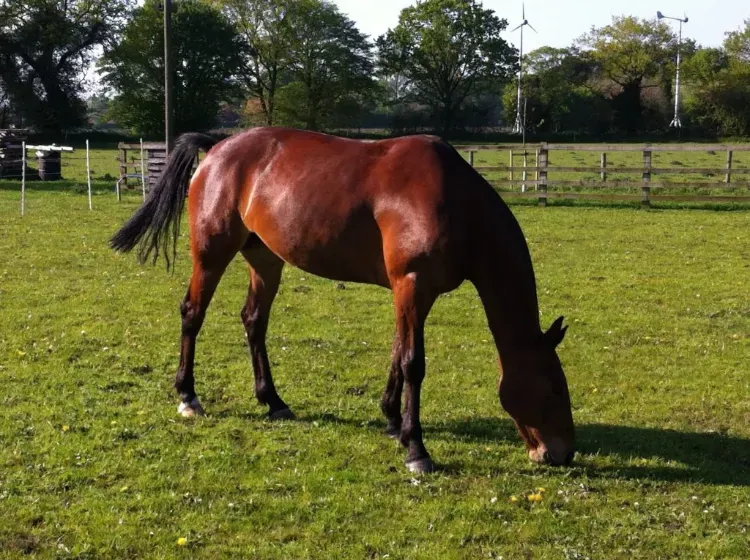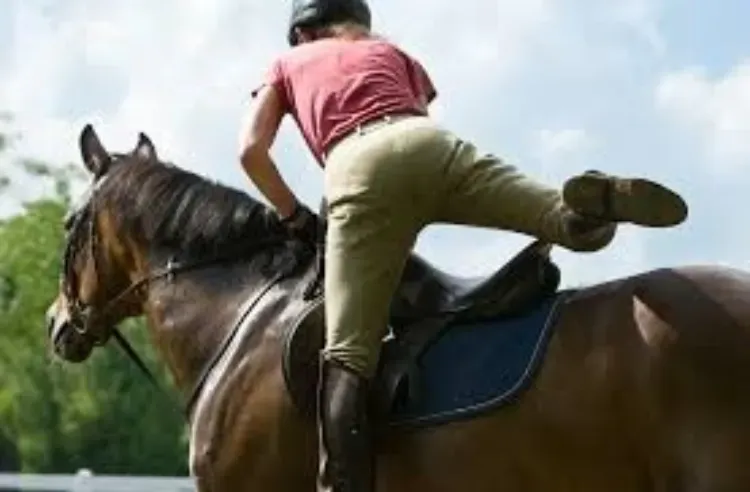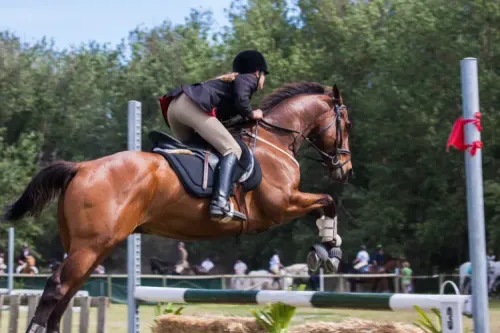
Horse advertisements saying “sold off the field” mean “sold as seen”. Avoid horse advertisements saying “sold off the field”, because checking a horse’s ridden suitability is difficult. The owner might be hiding a problem with their horse. Yes, in instances the owner is genuine but afraid because they have been over-horsed for their ability. Alternatively, an untrained horse with an inexperienced owner could be the issue. However, the owner can be hiding a problem and hope you take their horse on looks alone. Horses that are problem rides with dangerous behavioural issues are often in pain.
Take your time
Never buy a horse that is sold as seen and remember looks are as good as looks can do.
Always ride a prospective horse
A new riding horse must be ridden doing what you require from the horse. This list is not exhaustive but will set you on the right track:
- For hacking on your own you must test the horse being ridden out alone
- For roadwork your horse must be good with the traffic it will encounter
- A field hunter must be good in the company of other horses
- Always assess the horse doing your chosen equine activity.

It is a must to ride the horse doing your equine activity to decide on his suitability.
The Horse must be Vetted before you Buy
This soundness vetting means testing the horse’s suitability for its intended use. The vet will also take a blood test and this will be kept and analysed for the presence of drugs. This is because there are unscrupulous sellers who will sedate or administer painkillers to their horses to hide problems from you as a prospective buyer.
Have a Blood Allergy Test as part of the Vetting
Have your vet test for allergies through a blood sample. This checking for the presence of allergen antibodies is very important because allergies can be seasonal and might not be evident at the time of purchase.
A Good Reason Not to Buy a Horse in the Autumn or Winter
Some horses have Seasonal Headshaking Syndrome and are totally un-rideable in the Spring and Summer. but fine in the Autumn and Winter. However, there is no test to show whether a horse purchased in Autumn or Winter will develop Headshaking Syndrome in the Spring or Summer. This is a case of “buyer beware”.
Here is the Checklist to Use when Buying a Horse:
- Ride the horse doing the activities you will expect him to perform
- Have the horse vetted for soundness for your intended use
- As part of the vetting have an allergy blood test
- Buying the horse in the Spring makes it possible to detect Headshaking Syndrome and many seasonal allergies.
Vetting your intended horse purchase is not a guarantee he will remain sound. However, it is the best way forward.

Article Suggestion
The Making of a Brave Rider – Pick the Right Horse
